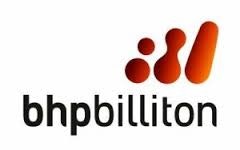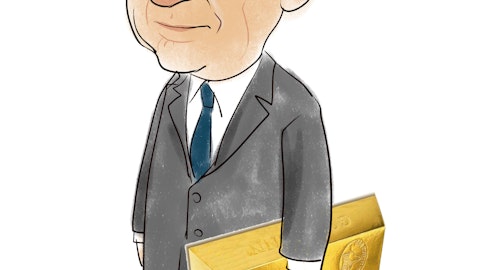 Have you heard about the “death gene”?
Have you heard about the “death gene”?
Not to worry — I’ll tell you about an antidote in a moment, but first consider this…
The death gene is the genetic variant that apparently can determine — with disconcerting accuracy — your likely departure time from this planet.
Researchers in Boston inadvertently made the discovery in the aftermath of a study that looked at sleep patterns. The scientists found that subjects with one particular genetic arrangement died just before 11 a.m., while another group with a different makeup passed away around 6 p.m.
Dave Forest, Chief Investment Strategist for StreetAuthority’s Junior Resource Advisor, recently discovered a new kind of death gene.
It may not predict the demise to the hour like the Boston findings do, but it does tell us to the year — and even the month — when some of the biggest companies in the market might suddenly implode, and perhaps even cease to exist.
This potential terminal switch is something investors have grown so accustomed to that few think of it as a problem. But I believe it’s going to rear its ugly head soon and perhaps often — destroying billions in shareholder value, as formerly vibrant businesses are swiftly and suddenly rendered paralytic and inoperable.
In this instance, the Grim Reaper is debt.
The thing about debt, of course, is that sooner or later it comes due. And if a company doesn’t have the cash to pay back maturing obligations or the ability to otherwise extend or “roll” the debt, the maturity date “is also the time when debt can turn into a death gene, wreaking havoc on firms that may appear to be healthy,” Dave writes.
Dave pays particular attention to natural resource companies, a sector in which many of the big players — along with some of the smaller ones — are going to be facing potentially challenging payback issues over the next few years.
That’s because falling commodity prices are squeezing cash flow and impeding the ability of borrowers to service or pay off their debts, according to Dave.
Integrated miners BHP Billiton Limited (ADR) (NYSE:BHP) and Vale SA (ADR) (NYSE:VALE), along with gold major Barrick Gold Corporation (USA) (NYSE:ABX), for instance, have large debt obligations that mature in 2013. These obligations equal nearly half of the annualized cash generated by the operations of these companies. And for BHP and Barrick, it doesn’t end there: Each has some fairly significant debt-rolling to manage in 2014 and 2015.
If investors won’t roll the debt, these particular companies likely will be able to cover their loans from cash flow. But extinguishing the debt in this manner would take a significant bite out of available cash.
Advantage: junior resource firms — companies that most investors haven’t yet discovered. The types of companies that have the potential to soar as their businesses grow. The types of companies that have little or no debt. The types of companies Dave writes about each month in Junior Resource Advisor.
And therein lies the antidote to the death gene…
Bob: How does debt factor in to your stock selection process in Junior Resource Advisor? What’s the advantage of your methodology?





